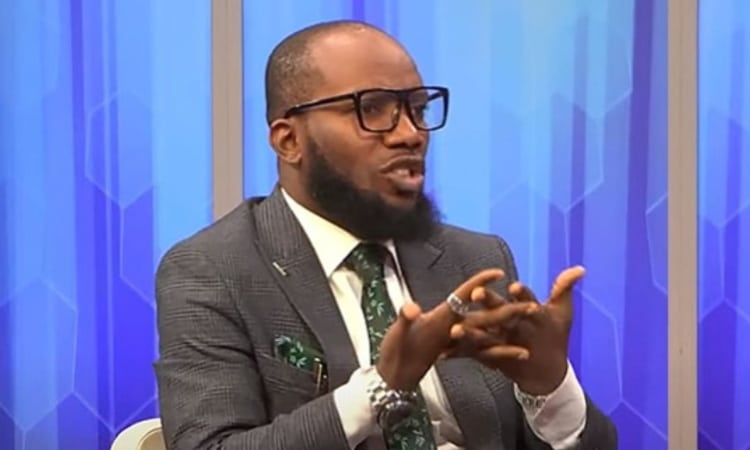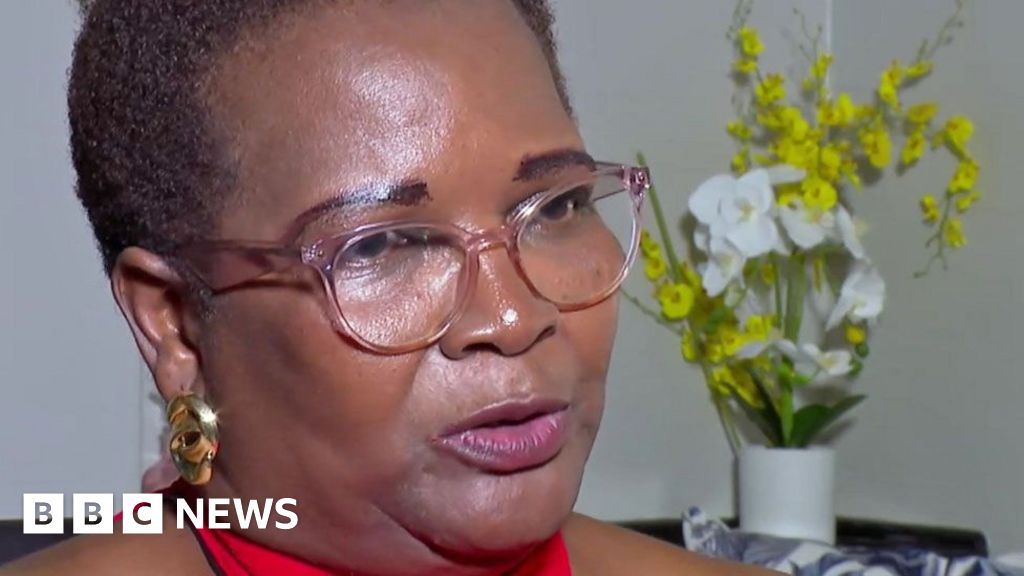The suggestion by the Chairperson of the House of Representatives Committee on Health, Amos Magaji, that Nigeria’s university teaching hospitals should be privatised has been roundly condemned by Nigerians, including the leadership of the country’s labour unions.
Mr Magaji was reacting to the challenges of underfunding as reflected in infrastructural decay, overstretched facilities, poor power supply, and acute shortage of personnel facing all the tertiary hospitals scattered across the country.
The lawmaker, representing Zangon Kataf/Jaba Federal Constituency of Kaduna State, North-west Nigeria, made the suggestion when he visited Ahmadu Bello University Teaching Hospital (ABUTH) in Zaria, Kaduna State, recently.
He said the parliament would be willing to support the campaign for the hospitals’ privatisation towards making them more efficient and effective.
Mr Magaji, however, acknowledged the difficulties the initiative may impose on Nigerians if carried out now, even as he suggested a critical review of the country’s health insurance system by increasing its capitation.
He acknowledged that, at the moment, there is a huge burden of out-of-pocket expenses on health and that commercialising teaching hospitals will be akin to “giving Nigerians death sentences.”
He said: “Governance is a system for the people, and as such, government policies should have a human face and align with the people’s aspirations.”
Nigerians need credible journalism. Help us report it.
PREMIUM TIMES delivers fact-based journalism for Nigerians, by Nigerians — and our community of supporters, the readers who donate, make our work possible. Help us bring you and millions of others in-depth, meticulously researched news and information.
It’s essential to acknowledge that news production incurs expenses, and we take pride in never placing our stories behind a prohibitive paywall.
Will you support our newsroom with a modest donation to help maintain our commitment to free, accessible news?
Reactions trail suggestion
In his reaction to the development, the President of the Nigerian Medical Association, Bala Audu, said history has shown that privatisation of the country’s public institutions had never yielded good results for the good of the people in the past.
He said massive investments in primary and secondary healthcare institutions will automatically reduce the burden on tertiary health institutions and thereby enhance their efficiency and productivity.
Mr Audu, who spoke to PREMIUM TIMES in a telephone interview, said by reducing public dependence on teaching hospitals, they will concentrate on their triple mandate of training, research, and service delivery.
He said: “Let’s take the case of the defunct National Electric Power Authority (NEPA) as an example. NEPA was privatised to improve the quality of power generation, distribution, and utilisation by Nigerians. I don’t think we have achieved that.
“The public has lost its assets. Workers have lost their jobs, and we have still not achieved the goal. By this, one can see that NEPA was better than what is obtainable today.”
He urged the Nigerian government to encourage medical practitioners by creating an enabling environment for them to provide quality service.
Leave hospitals built with taxpayers’ money alone- NLC
Reacting to the development, the Head of the Information Unit at the headquarters of the Nigeria Labour Congress (NLC), Benson Upah, said there would be a nationwide revolt should the Nigerian government pursue the commercialisation of teaching hospitals.
Mr Upah said NLC is “stoutly against privatising the teaching hospitals,” saying doing so will only make healthcare unaffordable rather than improve the system.
He said: “We are opposed to the privatisation of tertiary health institutions. We are stoutly opposed to the privatisation of public health institutions. Our reasons are simple- it will take healthcare out of the reach of the citizenry. The contribution of the private facilities to the health care service has not been spectacular. Even as regards salaries, public hospitals pay better than private institutions.”
He argued that private investors should set up their hospitals and oversee the management themselves.
“Leave the hospitals built with taxpayers money alone,” he noted.
NARD speaks
The second Vice President of the National Association of Resident Doctors (NARD), Kefas Wida, urged the authorities to address the existing issues in the system, noting that privatisation, “although a good initiative, would not proffer the needed solutions.”
Mr Wida called for better remuneration for medical professionals based on the quality of service provided, suggesting that remuneration should be based on the quality and quantity of services health workers provide to the system.
“The government has commercialised certain institutions in the past, so this is not anything different, but we must look at how this will affect the citizens,” he added.
West African Institute of Public Health DG also speaks
On his part, the Director-General of the West African Institute of Public Health, Francis Ohanyido, said the timing and current situation of the country make privatisation of the tertiary health institutions a poor choice.
He said the country is yet to address the numerous challenges affecting the sector, such as access to healthcare, brain drain, and the provision of functional primary and secondary healthcare.
“Privatising hospitals is not a problem if properly done, but it can be very risky. That it is coming at this time is also very risky because this is a fragile phase given the state of the country’s economy,” he said.
Mr Ohanyido pointed out that most of the health policies initiated by the current administration are yet to be fully implemented, “and so it makes the idea of privatisation a major leap from the immediate needs of the sector.”
Brain drain to worsen
Mr Ohanyido also noted that the idea would also worsen the brain drain crisis in the health sector.
While affirming the need to adequately implement the insurance scheme, the director general said the policy would create uncertainty and tension among health professionals and, hence, force many to seek better opportunities abroad.
Currently, the country is battling an increase in the exodus of healthcare professionals to developed countries. In 2023 alone, more than 900 resident doctors left the system, and another 1,417 professionals showed an interest in leaving.
The Coordinating Minister of Health and Social Welfare, Muhammad Pate, said there’s an uneven distribution issue in the ratio of workers to population that is worsening.
On this, Mr Ohanyido disclosed that the situation would only deteriorate with the commercialisation of tertiary hospitals.
“The privatisation won’t necessarily take away the problem but instead just place it in the hands of the private sector,” he noted.
Similarly, the Project Director, development Research and Projects Centre (dRPC), Stanley Ukpai, said with the rising cost of inflation and the increase in the population of people dealing with multidimensional poverty, privatising tertiary institutions will only make things more difficult.
He maintained that the privatisation scheme is likely to fall short of its purpose with the provision of equitable distribution of healthcare resources and financial protection by reducing the burden of out-of-pocket expenses.
“If we are not careful, we will be alienating more people from healthcare. As it stands, the other layers of the health institution are not functioning properly. This threatens universal basic health care,” he said.
Support PREMIUM TIMES' journalism of integrity and credibility
At Premium Times, we firmly believe in the importance of high-quality journalism. Recognizing that not everyone can afford costly news subscriptions, we are dedicated to delivering meticulously researched, fact-checked news that remains freely accessible to all.
Whether you turn to Premium Times for daily updates, in-depth investigations into pressing national issues, or entertaining trending stories, we value your readership.
It’s essential to acknowledge that news production incurs expenses, and we take pride in never placing our stories behind a prohibitive paywall.
Would you consider supporting us with a modest contribution on a monthly basis to help maintain our commitment to free, accessible news?
TEXT AD: Call Willie - +2348098788999

















 English (US) ·
English (US) ·